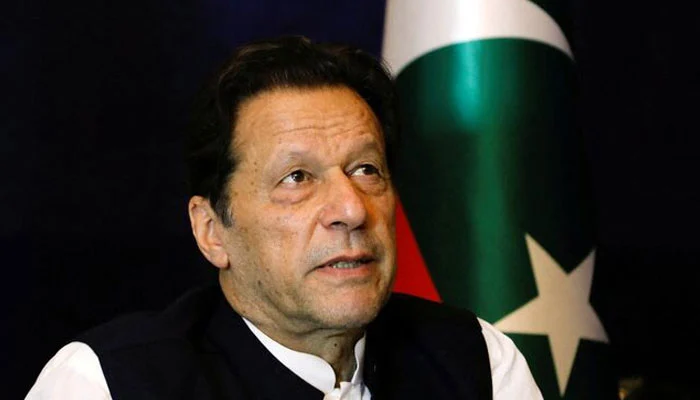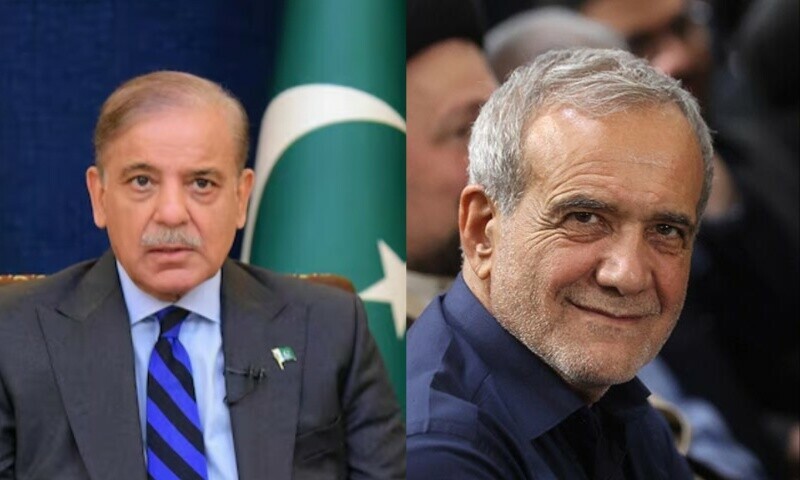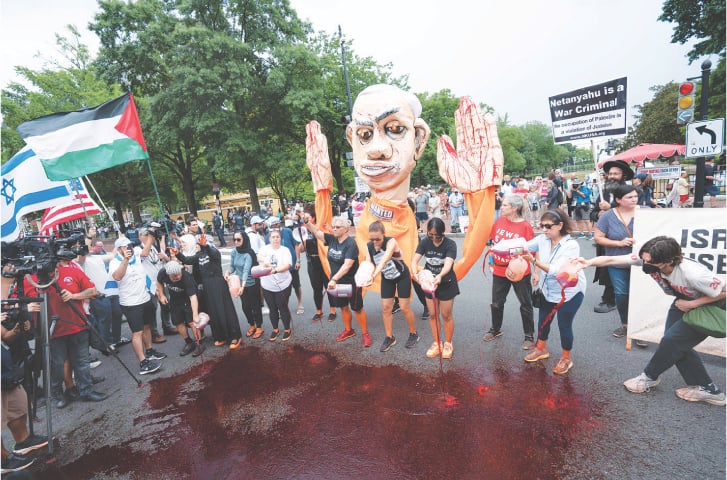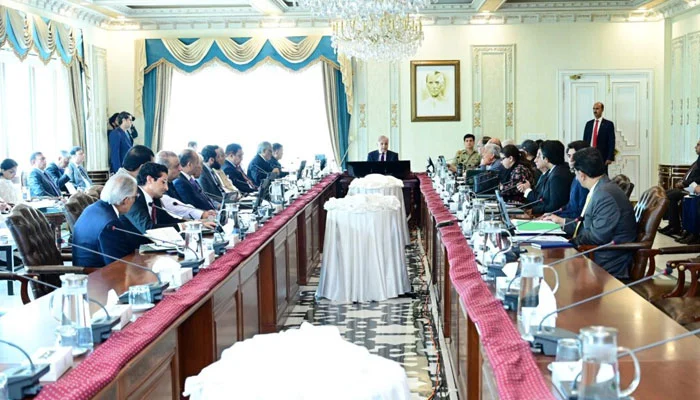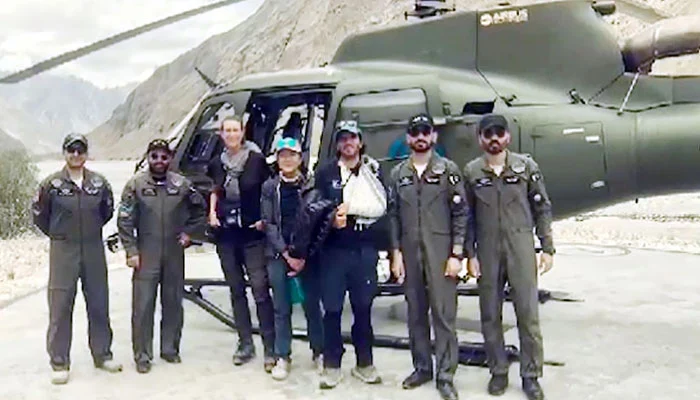
Protestors remained camped outside President Gotabaya Rajapaksa’s residence demanding that he resign meanwhile, as troops continued to patrol the streets while ordinary Sri Lankans queued up for scarce supplies.
Ranil Wickremesinghe, appointed prime minister for a sixth time on Thursday, has struggled to form a “unity government” after the main opposition insisted that Rajapaksa should follow his brother Mahinda who quit as premier last week.
However, two stalwarts from the main Samagi Jana Balawegaya (SJB) opposition party agreed to break ranks and join an “economic war cabinet”, party sources told AFP.
Opposition leader Sajith Premadasa said his party would not block in parliament any legitimate “solutions to the economic problems”.
Another opposition group, the Sri Lanka Freedom Party (SLFP), said they will also offer conditional support to Wickremesinghe, overturning their earlier decision not to.
“We will support any correct decisions taken by the new government to address our grave economic crisis,” SLFP leader Maithripala Sirisena said in a letter to the premier.
Official sources said the full cabinet was likely to be sworn in ahead of Tuesday’s parliamentary session, the first since 73-year-old Wickremesinghe’s appointment.
Four ministers were sworn in on Saturday, all from Rajapaksa’s Sri Lanka Podu Jana Peramuna (SLPP) party.
However, there is no finance minister yet, and it is widely expected that the prime minister will retain the crucial portfolio to lead ongoing negotiations with the IMF for an urgent bailout.
Wickremesinghe has also called for international support.
He held talks on Sunday with World Bank and Asian Development Bank representatives in Colombo focusing on the issues facing the supply of medicines, food, fuel and fertiliser, his office said in a statement.
“While explaining that discussions have been positive, the prime minister stated that the government is facing the immediate challenge of securing funds to pay for the fuel requirement for this coming week,” the statement said.
“Due to the dollar shortages in the banks, the government is now exploring other options of securing the necessary funding.”
Shortages of food, fuel and medicines, along with record inflation and lengthy blackouts, have brought severe hardships to the country’s 22 million people.
Protesters across the Buddhist-majority nation have for weeks demanded the resignation of President Rajapaksa over Sri Lanka’s worst economic crisis since independence in 1948.
The appointment of Wickremesinghe has so far failed to quell public anger at the government for bringing Sri Lanka to the brink of economic collapse.
Thousands continue to protest outside the president’s sea-front office demanding his resignation where they have been since April 9.
Long queues stretched outside the few fuel stations that were still open on Monday, a Buddhist holiday, as motorists waited for rationed petrol.
Heavily armed troops were still patrolling the streets with a state of emergency still in effect after at least nine people were killed in violence last week.


